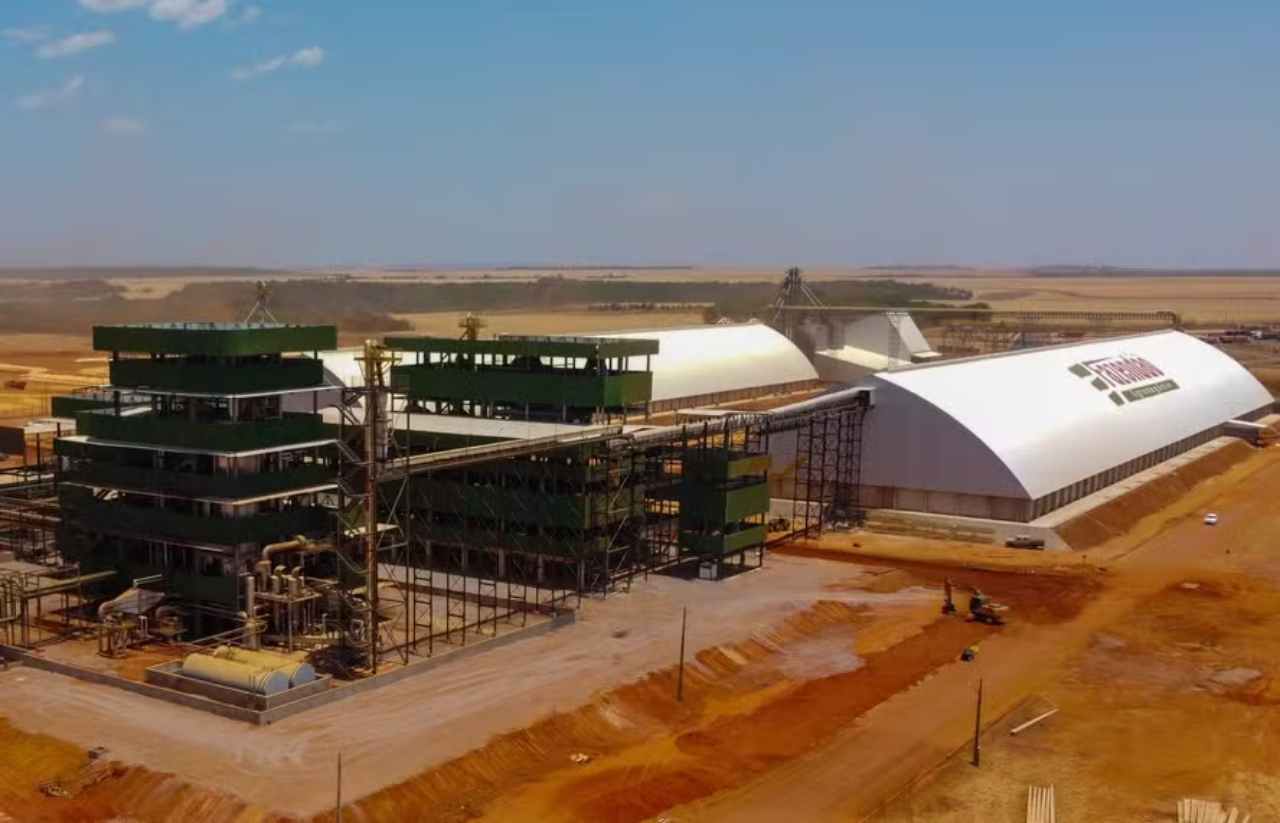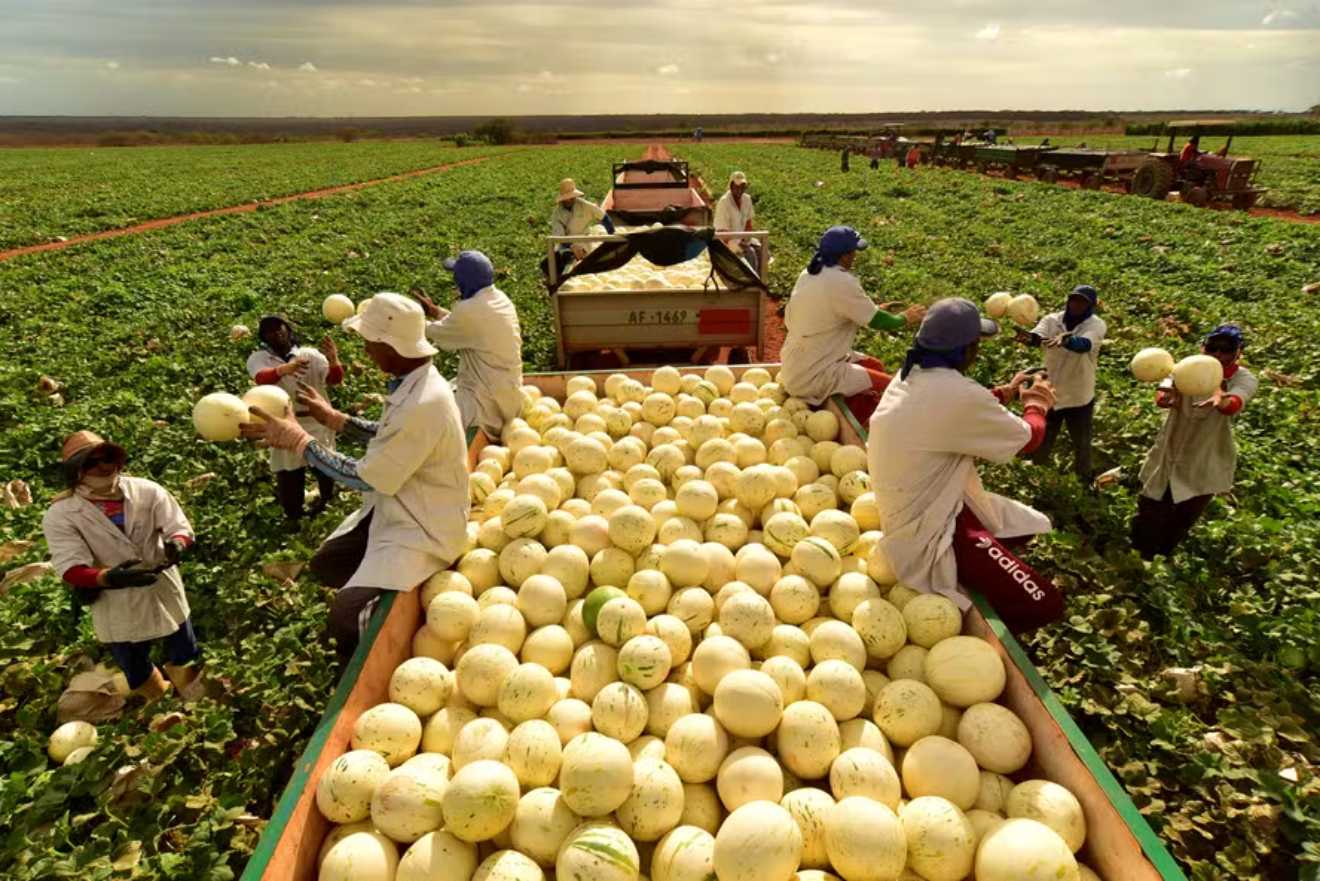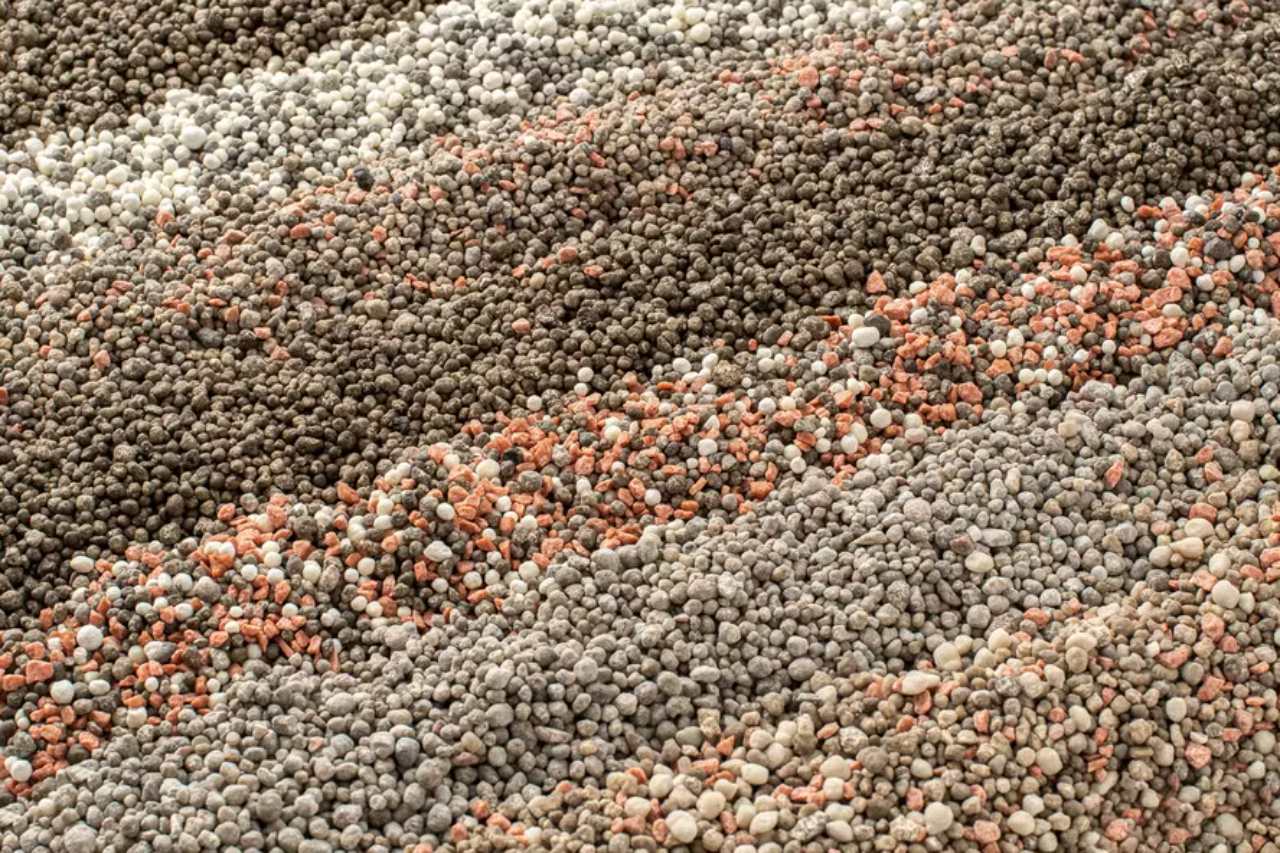Fazendão Agronegócio is set to inaugurate a new plant in Porto Nacional, which will process 800,000 tons of soybeans annually. By 2025, the complex will include corn ethanol and biodiesel plants.
Fazendão Agronegócio, one of the largest agroindustries in the central region of Brazil, with R$ 2.8 billion in revenue last year, has invested R$ 500 million in a new grain processing facility located in Luzimangues, a district of Porto Nacional (TO). The company plans to inaugurate the plant this week.
This facility will crush 800,000 tons of soybeans each year, producing soybean meal for export and degummed oil for national biodiesel production. This expansion increases Fazendão’s processing capacity in Tocantins to 1.4 million tons of soybeans.
In addition to this new plant, the company is already constructing a corn ethanol plant, which will produce 350,000 liters per day, expected to be inaugurated in the first half of next year. There are also plans for a biodiesel plant. With these new units, the company anticipates revenues of R$ 3.5 billion this year and R$ 5 billion by 2025.
Founded in 2004 in Gurupi (TO) as an agricultural store, Fazendão has grown alongside soybean cultivation in Tocantins. Over the past 20 years, soybean production in the state has increased by an average of 15.3% per year, while the national average has been 5.6%, according to the National Supply Company (Conab). In the 2003/04 harvest, production was 606,600 tons, soaring to 4.58 million tons in the previous cycle. For 2024/25, a further increase of 11.9% is projected, reaching 5.12 million tons.
Fazendão has expanded significantly, and in 2008, Volney Aquino Santos, a partner in the company, established a soybean meal and oil processing plant with a monthly output of 600 tons. By 2010, production had tripled. Two years later, Aquino sold the store, and he, along with his partner and wife, Adriana, focused solely on soybeans in Cariri do Tocantins, located 23 kilometers from Gurupi.
In 2015, the company opened a processing unit with a capacity of 400 tons of meal per day. The new plant set to open this week will add 2,500 tons per day to that capacity.
The new factory will employ 300 people, adding to the current 700 employees. It is situated on an 800,000-square-meter area, which will also host the biodiesel plant and the under-construction corn ethanol plant. Part of the investment was financed through the Northern Constitutional Financing Fund (FNO) via the Amazon Bank, the National Bank for Economic and Social Development (BNDES), and the Bank of Brazil.
These resources are sufficient for the soybean crushing plant and part of the ethanol plant. More investments are planned, but the company is keeping the amounts confidential for now.
“In the first half of next year, we expect to inaugurate the ethanol plant, which will produce 350 cubic meters of ethanol per day. By the end of 2025, we will launch the biodiesel plant, capable of producing 1,000 cubic meters of biodiesel per day,” Aquino stated.
Currently, Fazendão processes 650,000 tons of soybeans per year at an industrial facility in Cariri, southern Tocantins. By 2025, the company estimates it will process 1.2 million tons of soybeans.
Today, Fazendão sources just over 1.5 million tons of grains, including soybeans and corn, a figure expected to rise to 2 million tons by 2025. The company has a storage capacity of 700,000 tons for grains and meal. “As Tocantins is a newer state for grain production, it has limited storage capacity, giving us a competitive edge in sourcing grains,” explained Aquino.
Of the total grains sourced, 90% are produced in Tocantins. Aquino has a farm where he cultivates 8,000 hectares of soybeans, supplying production to Fazendão. “We have to purchase soybeans from more than 300,000 hectares of cultivation. What I produce is minimal compared to what I need,” he said. According to Aquino, the producers already supplying grains to the company will expand their planted areas to meet the additional demand from the industrial plants.
In corn, Fazendão sources 230,000 tons annually. With the ethanol plant in operation, the goal is to increase this to 300,000 tons of corn per year starting in 2025. Processing will occur in the same soybean plant, which is expected to reduce costs.
The industrial complex is located along the North-South Railway, operated by VLI Logística, which connects to Brazil’s Northern Arc, allowing shipments via the port of Itaqui (MA). The company has also invested in grain transshipment facilities in Gurupi, linked to the North-South Railway to the port of Santos (SP)—this stretch is under the concession of Rumo Logística. Fazendão will conduct its first shipment of soybean meal, totaling 50,000 tons, through the port of Itaqui in November.





